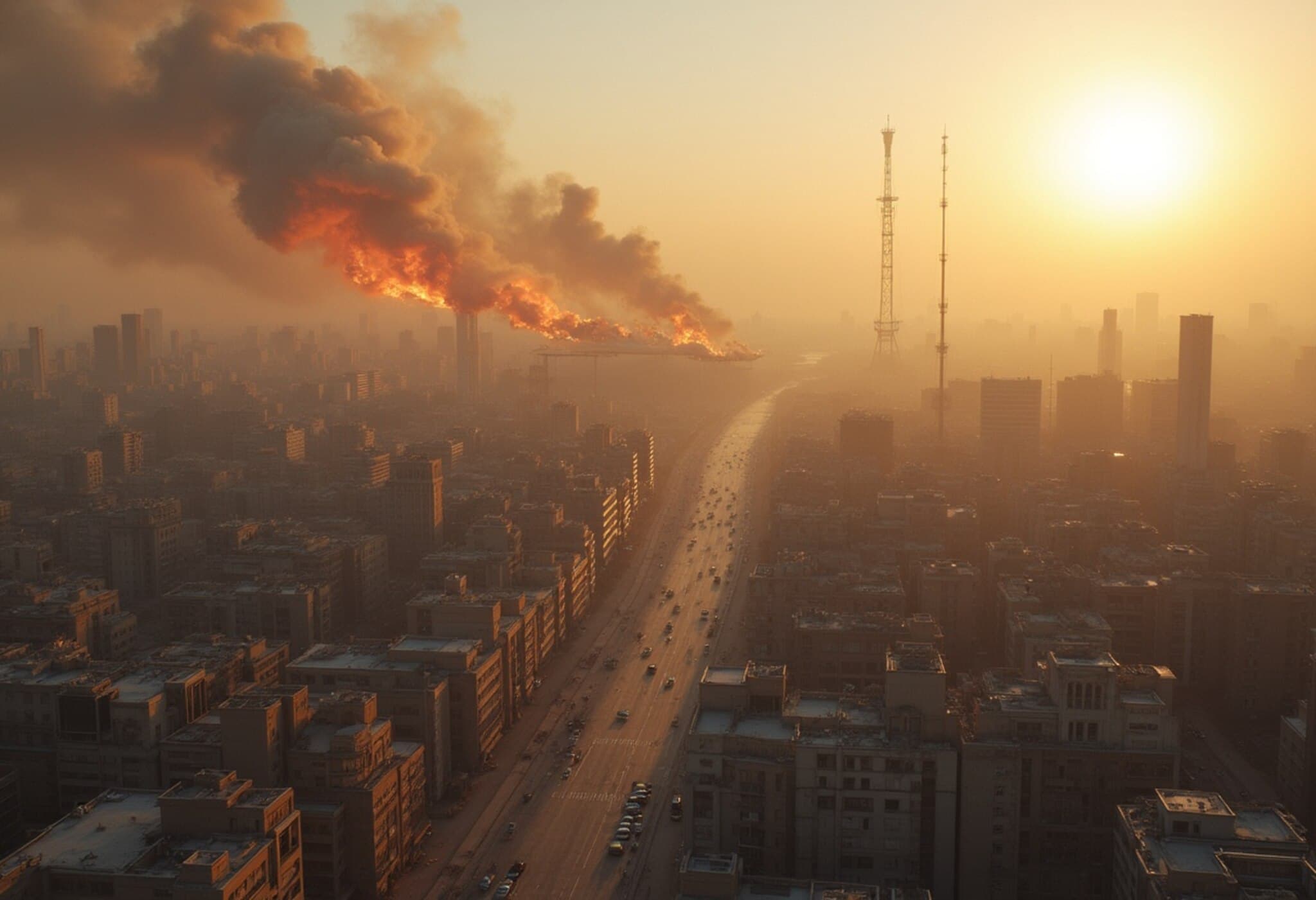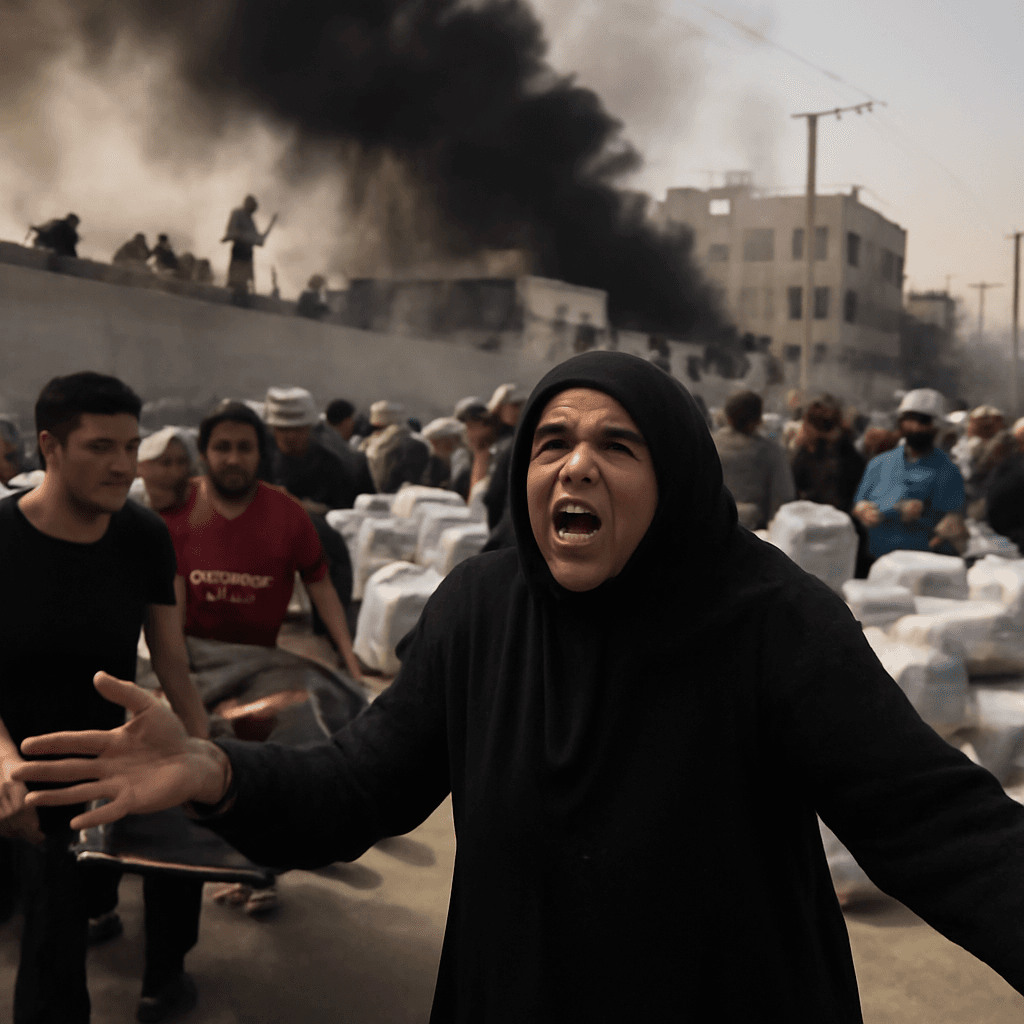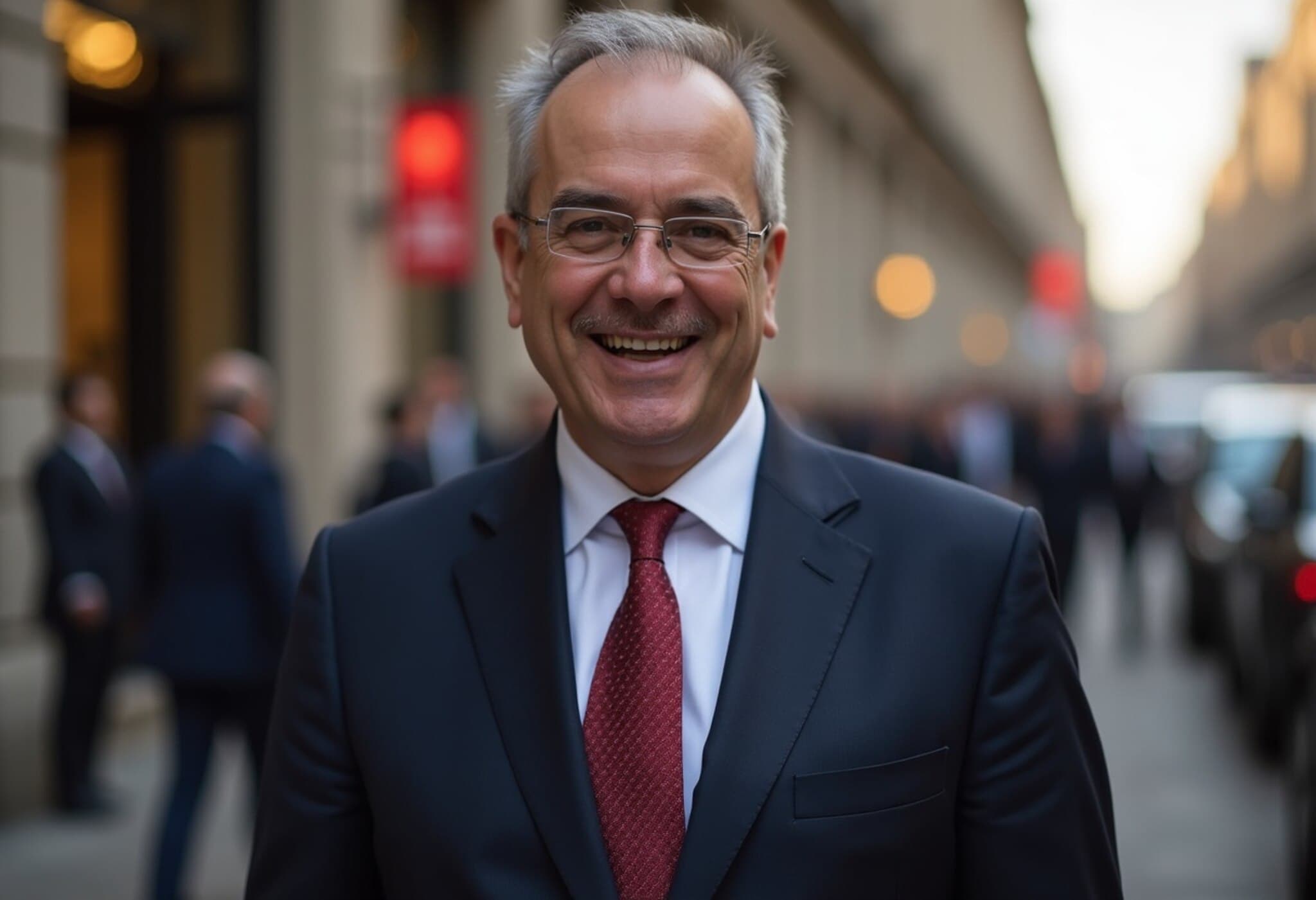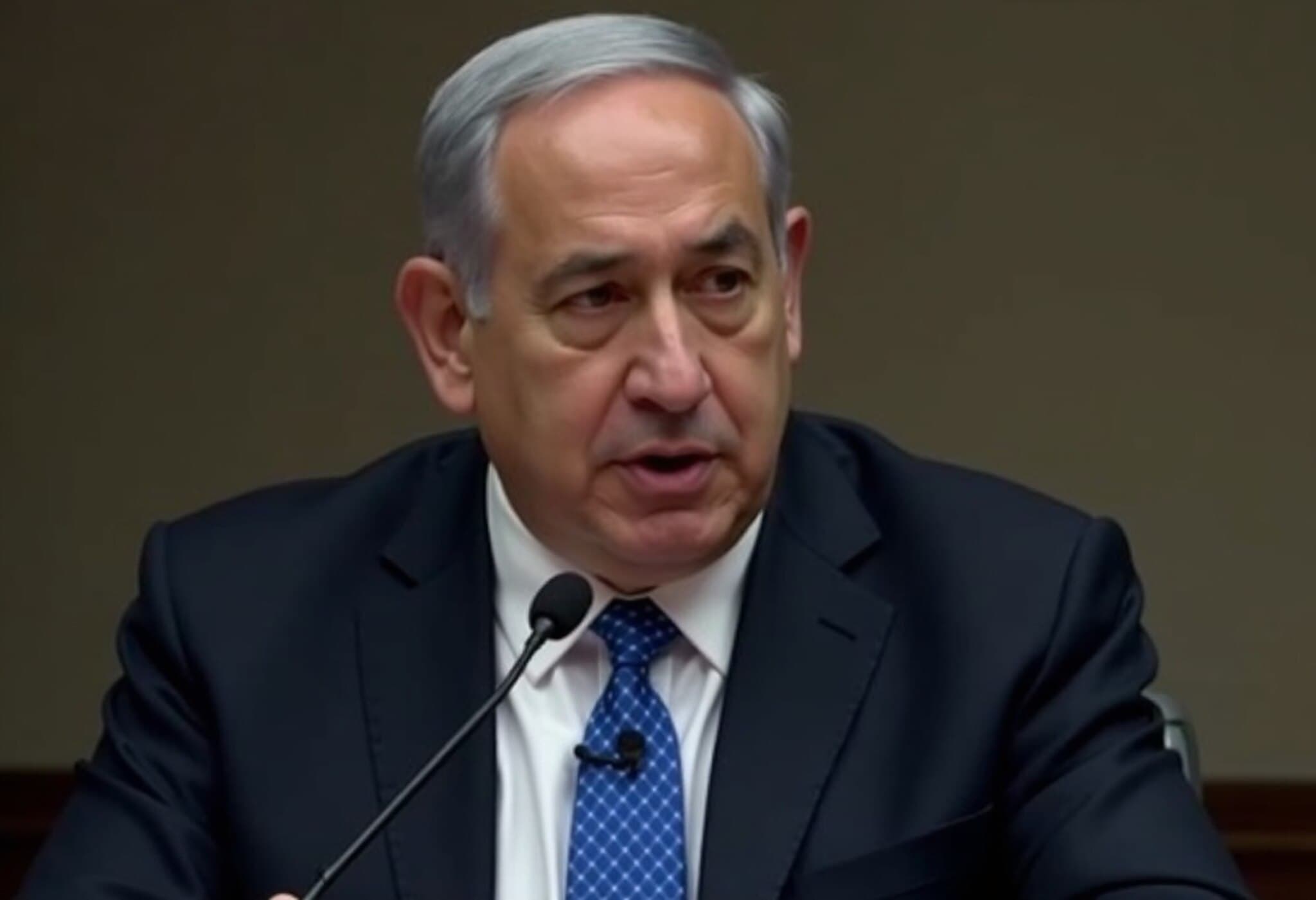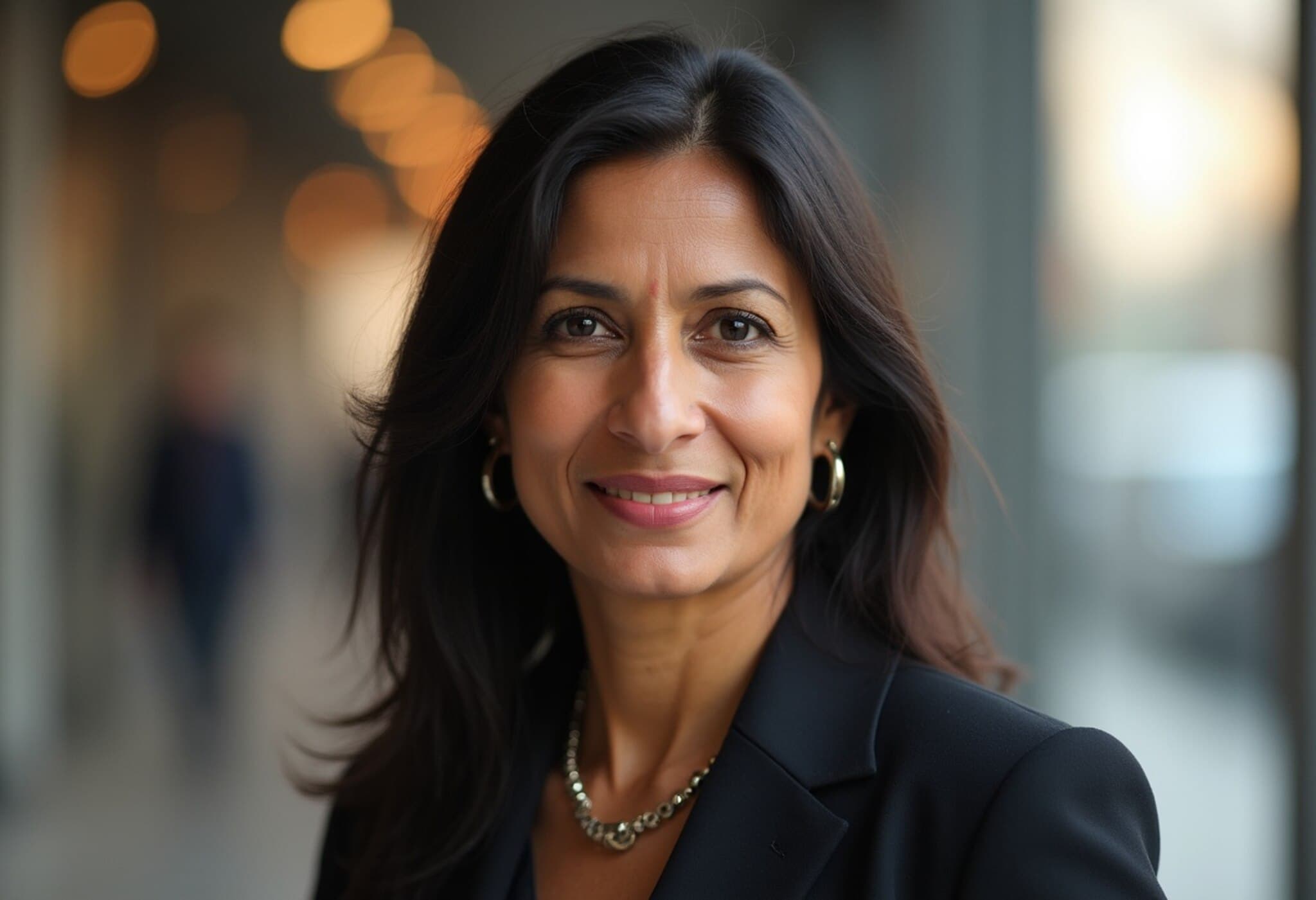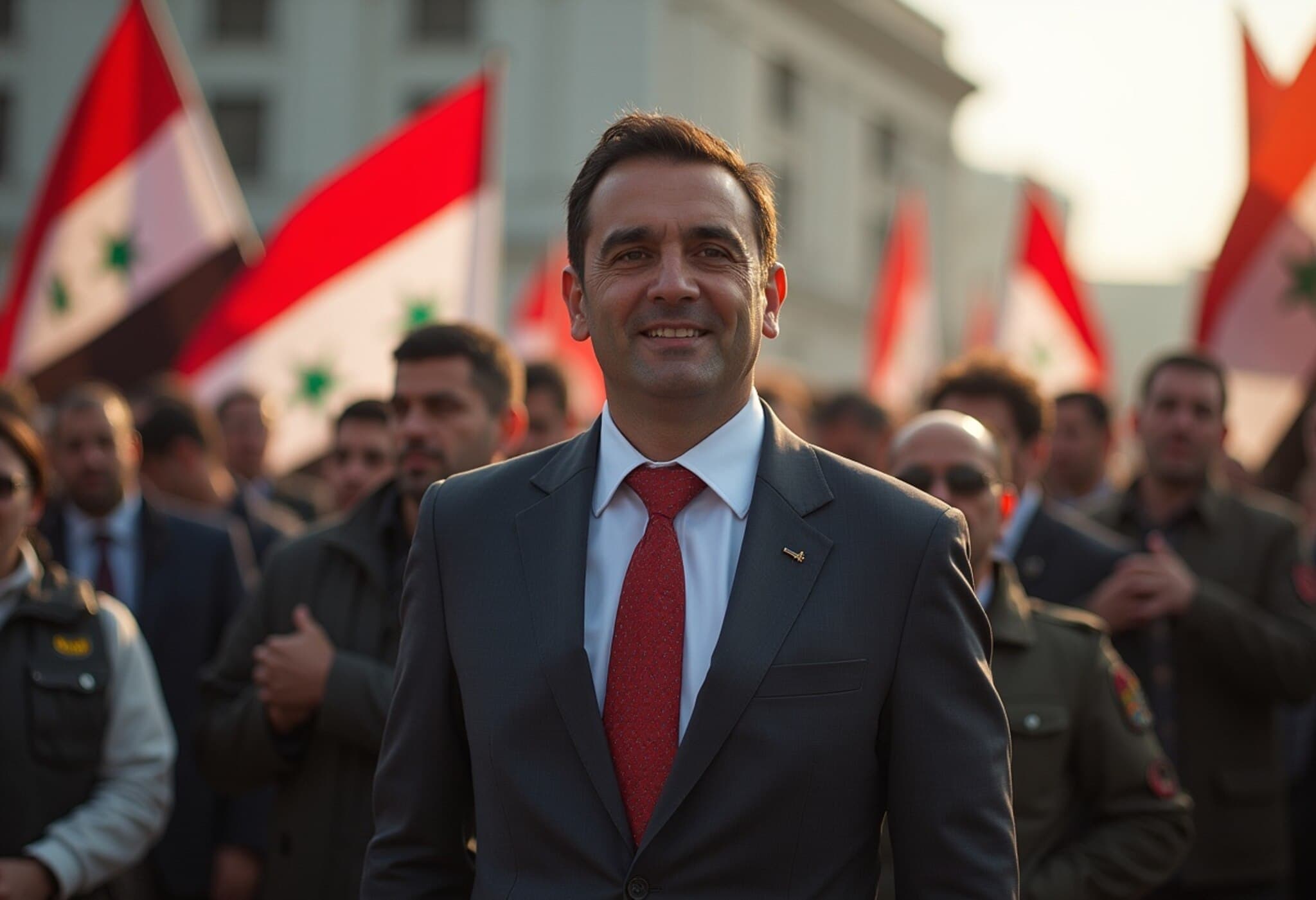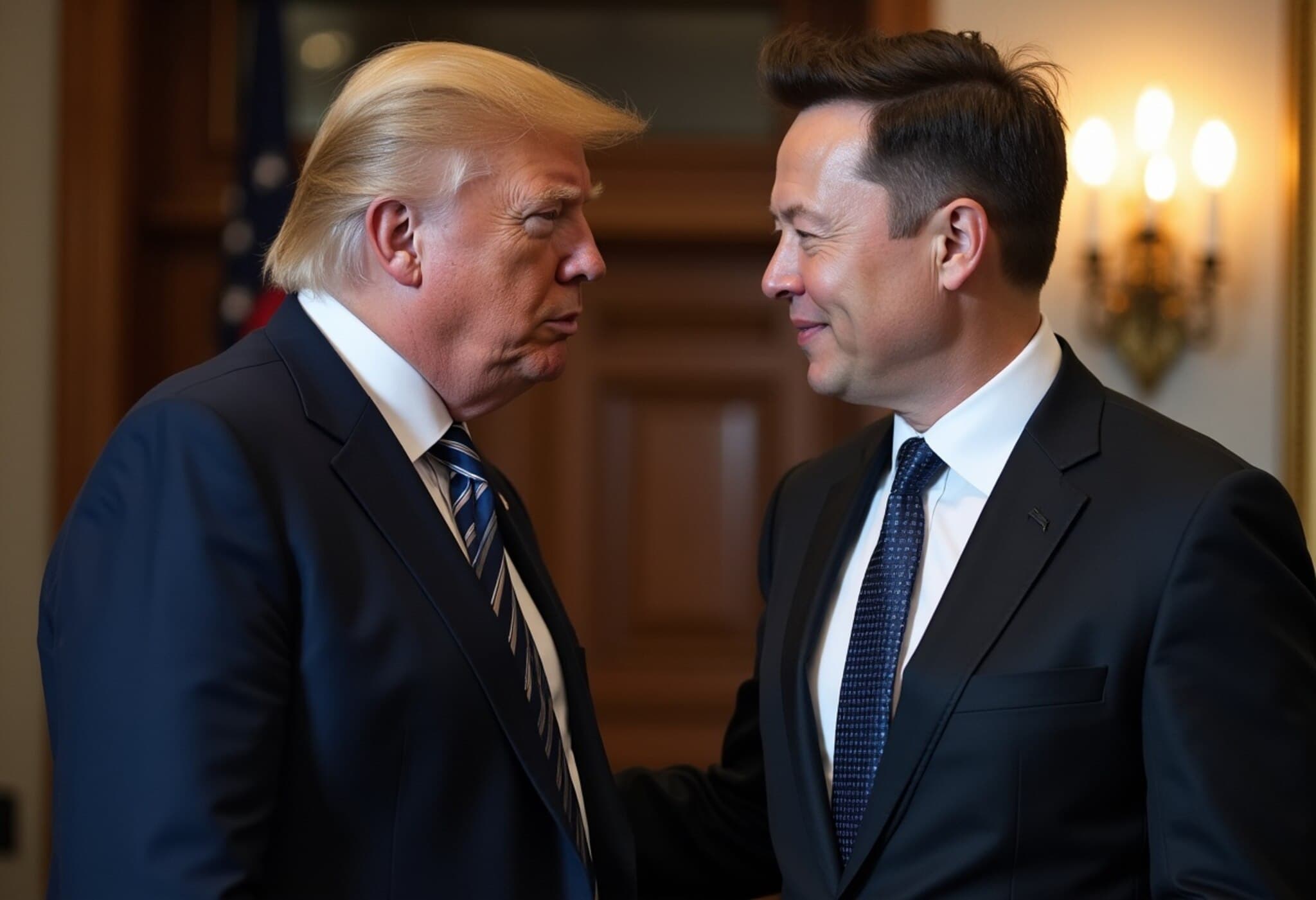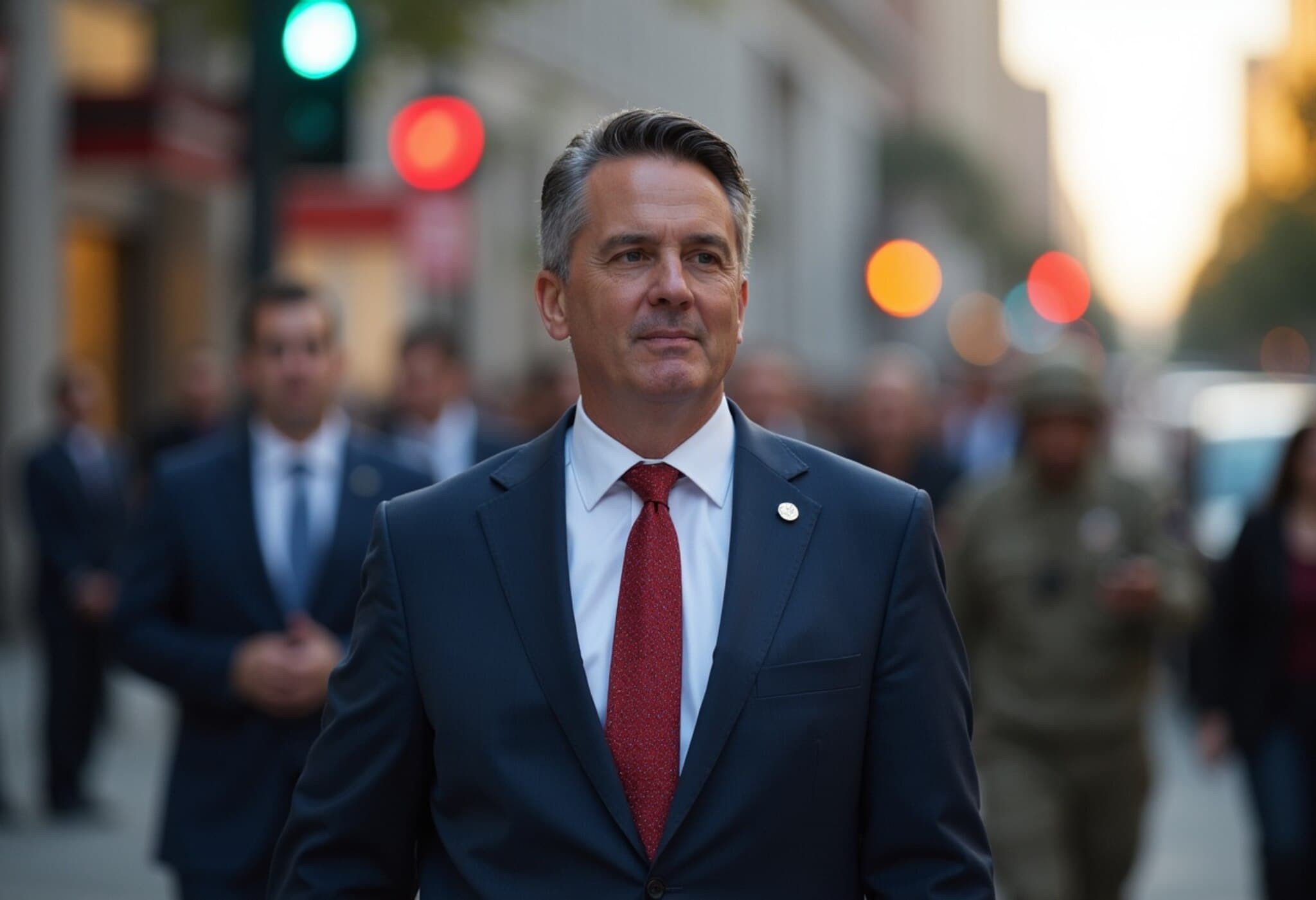Syria's Road to Recovery Demands Significant International Aid
After more than a decade of devastating conflict, Syria faces an uphill battle to rebuild its shattered economy and infrastructure. The International Monetary Fund (IMF) has highlighted that the war-torn nation will require substantial international support to revive its economy, meet pressing humanitarian needs, and restore vital institutions.
Economic Devastation and Human Toll
What began as protests in 2011 against the former Assad regime escalated into a brutal civil war, leaving Syria with hundreds of billions of dollars in damages. The IMF stressed that the prolonged strife has reduced Syria’s economy to a mere fraction of its pre-war size. The human cost is equally stark: around 500,000 people have died, and approximately 6 million Syrians have fled the country. Among those who remained, the United Nations estimates that 90% live below the poverty line, heavily dependent on humanitarian aid for survival.
Steps Toward Reconstruction Under New Leadership
Since the ousting of Assad’s regime in December 2024, led by President Ahmad al-Sharaa, Syria has begun to rekindle diplomatic and economic ties globally. Key nations such as Qatar, Turkey, Saudi Arabia, and others are exploring investment opportunities, restoring air links, and engaging in high-level dialogues to facilitate reconstruction efforts.
Signaling a potential shift in foreign policy, the United States has announced intentions to gradually lift longstanding sanctions, although the timetable remains uncertain. Meanwhile, the United Kingdom and the European Union have partially eased some restrictions. Notably, Saudi Arabia and Qatar have taken the significant step of clearing Syria’s debt to the World Bank, amounting to nearly USD 15 billion.
IMF’s Role in Shaping Syria’s Economic Reforms
During the first IMF mission to Syria since 2009, a team spent five days engaging with Syrian officials, including the finance minister and the central bank governor. The Fund recognized the commitment and knowledge of Syrian economic staff despite the challenges posed by years of conflict and administrative setbacks.
The IMF is now working on a comprehensive roadmap targeting policy reforms and capacity building within Syria’s key economic bodies. Critical areas for reform include:
- Enhancing tax collection systems to bolster government revenue.
- Ensuring reliable payment of public sector wages alongside funding for healthcare and education.
- Empowering the central bank to restore confidence in the national currency and stabilize the financial system.
- Modernizing Syria’s banking sector to align with international standards.
The Price Tag of Rebuilding
The magnitude of rebuilding Syria remains staggering. A United Nations estimate from 2017 placed reconstruction costs at approximately USD 250 billion. However, given the evolving situation since Assad’s removal, experts now argue that the figure could soar to as much as USD 400 billion.
As Syria embarks on this daunting path, the blend of international financial aid, structural reforms, and political stabilization will be crucial to resurrecting a nation scarred by years of conflict.

